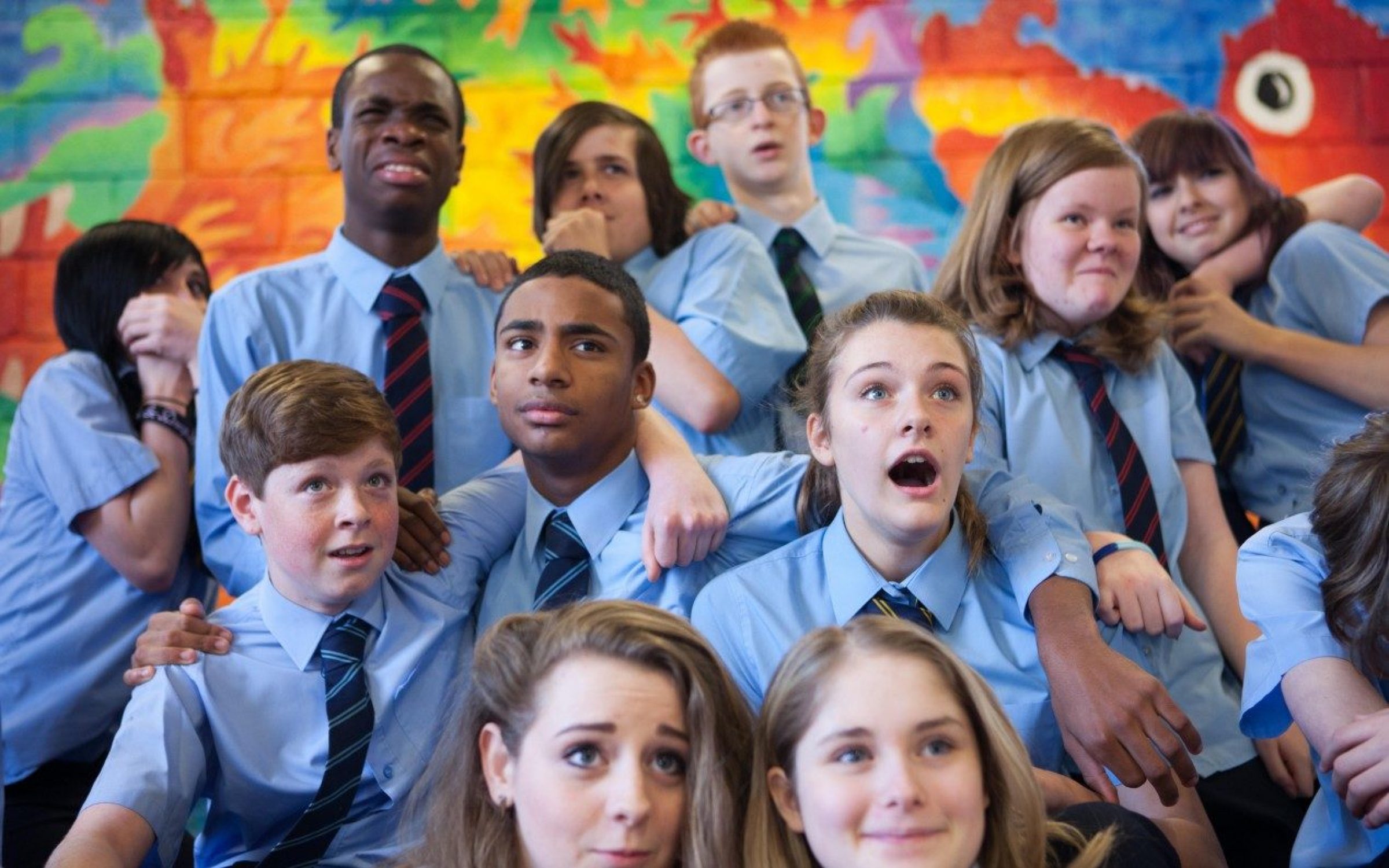It happens every day like clockwork – and I know because I see it. The school day ends, pupils pour across the playground, step out through the gates, reach into their pockets and… get out their phones.
There’s nothing they need to do, no one they need to message, but they crave the reassurance to know that it’s there. Some scan through their social media accounts, but often they just stand there, clutching it tight and waiting for their friends. It’s a reflex action and I often wonder how aware they really are of what they’re doing at all.
This all struck me more than ever last week, as I did my last gate duty before the summer holiday. I’m lucky to work in a state secondary school which bans any sight of pupils’ phones within the school premises, and pupils are accordingly scrupulous in making sure they’ve stepped over the threshold before getting it out. They know the rules and almost unfailingly adhere to them, and the consequences of not doing so – the confiscation of the phone for a week – ensures compliance among even the most recalcitrant.
Why it should be remotely controversial that many schools now insist on this approach to phones is beyond me (but, alas, controversial with some it remains). Not only does it mean one less distraction for teachers to contend with, but, crucially, it provides children themselves with a daily oasis of at least six hours’ respite from the pressures of the screen and all its empty, corrupting promises.
That’s six hours where they don’t have to worry about comparing themselves to the social media stars they see online, where they don’t have to think about the image they’re cultivating for themselves on their own Instagram or TikTok accounts, and where they don’t have to message their friends and get into needless spats over words that would never have been said in person. It’s six hours in which they can’t inadvertently stumble across pornography or encounter extremism, and six hours in which they can actually inhabit the world around them with no distractions. And it’s for this reason that, secretly, and although they’d never admit it, I suspect that most pupils actually like the no-phones rule.
But then along come the summer holidays, and that oasis suddenly dries up. Children are left facing six weeks of unrestricted access to their phones, where the only limiting factor is whether they have remembered to keep it charged. And yes, there are some parents who will impose time limits and maintain a hawkish eye on their children’s online activities, but that will be true in only a minority of households: many parents have to go to work through the summer months, and many more understandably can’t face the inevitable battle that comes with trying to impose any sort of limit.
True, it’s not all bad. When used well, the iPhone is a portal to knowledge and experiences previously unimaginable to a child in a tower block in central London: horizons can be broadened with the swipe of a finger. True too to say that things weren’t perfect before the iPhone, and it wasn’t all Just William and scrumping apples in dozy, benevolent villages – children faced boredom and loneliness and neglect during the desolate weeks of August in past decades just as much as they do now. It’s just that I’m not sure that the current situation is better, or the company of a six-inch screen preferable.
We need to give this issue much more attention as a society, and the recent delay to the government’s Online Safety Bill – whose implications for free speech are concerning in their own right – suggests that change of any sort isn’t imminent. But something somewhere along the line surely has to change. We’ve ended up in the perverse situation where it’s school terms which are providing many children with real rest – rest, that is, from the tyranny of their phones – while it’s the holidays which are leaving the long, unstructured spaces in which that tyranny can thrive.
We’re about to enter six weeks in which countless children will be trapped by the lure of the slim rectangle in their pocket, and that should give us all pause for thought.




